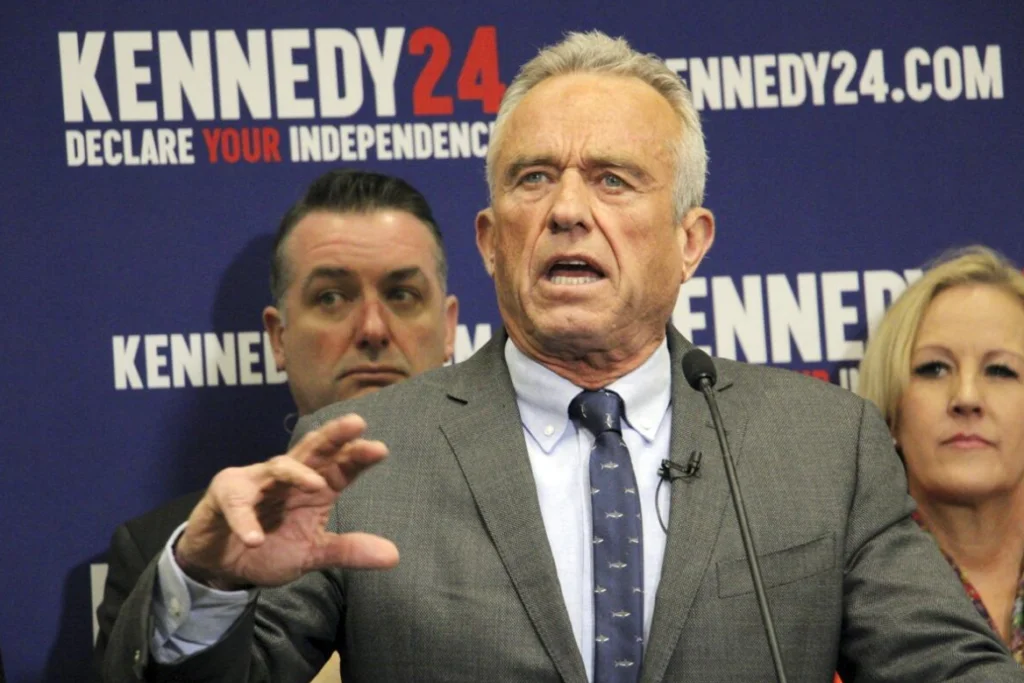US presidential candidate Robert F. Kennedy Jr. opposed the establishment of a central bank digital currency (CBDC), claiming it would expose any transaction a citizen makes, leading to blackmail or pressure.

Regarding the dangers posed by a central bank digital currency (CBDC), Kennedy uploaded a segment of his media appearance on X on January 24. The presidential candidate references it in his post as an excerpt from his conversation with alternative medicine advocate Joseph Mercola, who supported “alternative remedies” for COVID-19. Consider Your Health is the title of the podcast that Mercola conducts.
Kennedy asserts in a one-minute video that a CBDC would enable the government to see every transaction a citizen conducts, thereby facilitating coercion or extortion, and further states:
“It [a CBDC] is a calamity for human rights and for civil rights.”
Kennedy provided the case of China, where the “digital yuan,” the local CBDC, is associated with a comprehensive social credit system. U.S. politicians assert that in such a system, if street surveillance cameras detect any noncompliance, the government “can shut off” an individual’s access to their funds.
Before this, a 2023 Chainalysis report cited concerns regarding the privacy of Chinese citizens. It warned that China could feed its social credit system a combination of the financial data produced by the digital yuan and other supporting data.
If elected president, the politician vowed to halt “efforts to move toward a CBDC” and said he would do everything possible to preserve paper currency. Kennedy also reminded the audience that Bitcoin offers greater security than physical currency.
Donald Trump, an additional presidential candidate, has declared on two separate occasions that he will “never permit” a CBDC in the United States. Although Trump expressed a few unfavorable views regarding Bitcoin while in office, his former Republican Party opponents Vivek Ramaswamy and Florida Governor Ron DeSantis campaigned with pro-crypto and anti-CBDC stances. DeSantis and Ramaswamy endorsed Trump after their withdrawals from the presidential contest.
Kennedy, who withdrew from the Democratic Party in October 2023, continues to advocate for party ballot inclusion on state ballots, given that independent candidacy necessitates more voter signatures than party ballot access. He appeared receptive to standing as a Libertarian Party candidate in January 2024.
